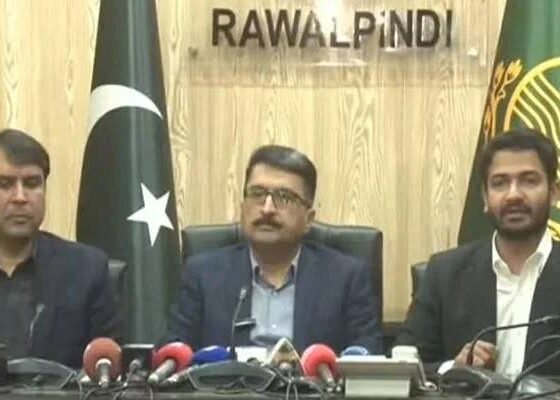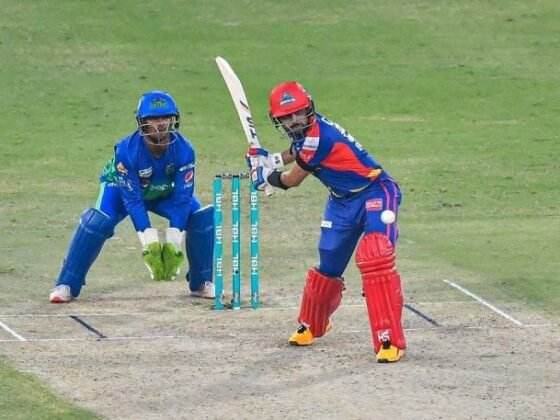TUZLA, Bosnia and Herzegovina: Pakistani troopers returned after a 23-year-long interval to the metropolis, which significantly admires their humanitarian providers to its inhabitants, significantly the Yugoslavian warfare refugees.
On the time of warfare, Pakistan had despatched two battalions from the Punjab regiment to Tuzla beneath the banner of the United Nations to assist strengthen peacekeeping efforts.
This time, nevertheless, Tuzla is identical because it was again then however the state of affairs and setting have modified drastically.
A medical group of the Pakistan Military joined these from 34 different North Atlantic Treaty Group (NATO) nations to study and share experiences from the humanitarian response to pure disasters — akin to floods and earthquakes — and their aftermath.
The objective is to train civil defence throughout a flood state of affairs in Bosnia and Herzegovina for 5 days.
The connection between Pakistan and NATO’s Euro-Atlantic Catastrophe Response Coordination Centre (EADRCC) dates again to 2005 when the previous skilled an earthquake in Jammu & Kashmir with the intergovernmental army alliance supporting and managing the next reduction efforts.
The coordination led to a larger cooperation between the international locations and Pakistan was invited to Bosnia and Herzegovina to study and share its expertise with different member nations.
The train was inaugurated by Sorin Ducaru — the Assistant Secretary-Basic for Emergency Safety Challenges at NATO — and Bosnia and Herzegovina Safety Minister Dragan Mektic.
It shall supply a possibility to 34 international locations and “round 1200 contributors” to study worldwide, multicultural cooperation and finest practices when dealing with pure disasters.
On this regard, it “will assist enhance worldwide cooperation in international locations starting from Spain to Serbia, from Bulgaria to Belarus, and from Croatia to Pakistan”, Ducaru stated based on an replace on NATO’s web site.
“It would give responders the chance to check state-of-the-art applied sciences in reduction operations,” he added.
The train shall moreover provide an opportunity to change into acquainted with new applied sciences within the area of catastrophe reduction and administration, in addition to fast response and organisation in coping with calamities.
That is the 17th worldwide area train organised by the EADRCC and the primary one hosted by Bosnia and Herzegovina.
Speaking to Geo.television right here, EADRCC coordinator Claudiu Zoicas — who additionally holds the place of liaison to the Pakistani forces — defined that contributors from the NATO and associate international locations will bear and perceive worldwide cooperation in catastrophe response, together with water rescue, chemical, organic, radiological, and nuclear (CBRN) detection, safety, and decontamination.
Tasks which are supported by the NATO Science for Peace (SPS) Programme can even be examined and employed throughout the course of the train.
These tasks, based on the web site, comprise an emergency response-related capability constructing undertaking within the Western Balkans, the “Subsequent-Era Incident Command System,” and a telemedicine system to spice up medical help in disaster-stricken areas by remotely partaking medical consultants from member international locations.
A number of worldwide organisations and non-governmental organizations (NGOs) — such because the United Nations Workplace for the Coordination of Humanitarian Affairs (OCHA), European Union (EU), London-based Save the Youngsters, and the Pink Cross Society of Bosnia and Herzegovina — can even partake within the train.










